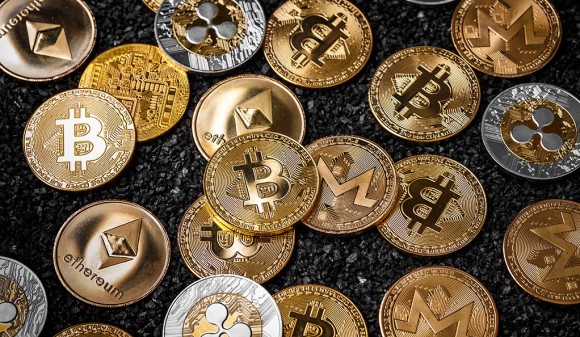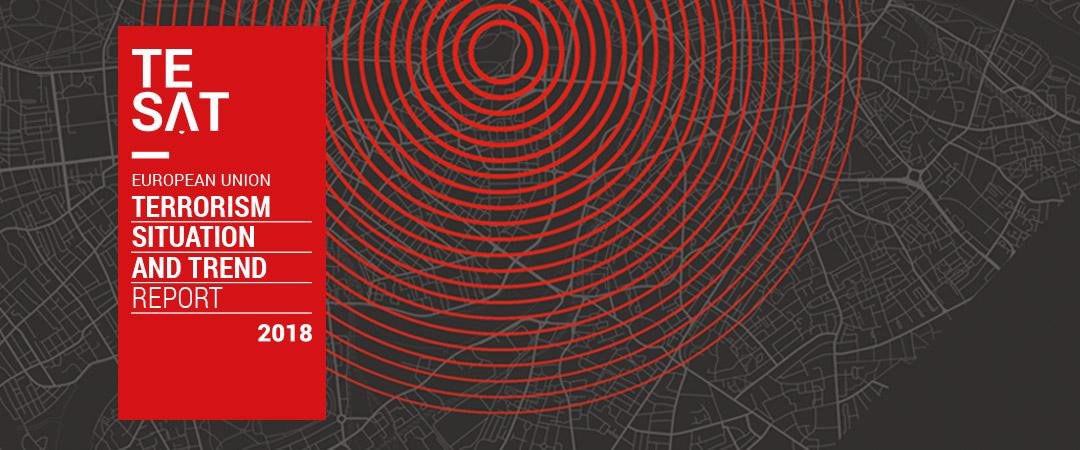By Land, Sea or Catapult: How Smugglers Get Drugs Across the Border
The majority of illegal drugs enter the United States in an assortment of vehicles, with drugs hidden in secret compartments in door panels or the roof, gas tanks, tires and even engines.
Smugglers also dig cross-border tunnels, primarily to move large volumes of marijuana. While many tunnels are rudimentary, others have lighting, tracks and ventilation systems, even elevators. As of March 2016, a total of 224 tunnels were discovered on the Southwest border since 1990.
Cargo trains, tractor-trailers and passenger buses have been used to move illegal drugs. Trucks and trains carrying fresh produce such as watermelons, limes and other fruits and vegetables have been used to bring in narcotics. Drug shipments are often painted green and hidden within crates with fake watermelons or limes. Cocaine has been found in tomato crates.
More in NY Times article
Another method used by smugglers: Coast Guard Intercepting Submarine Carrying $181 Million In Drugs
The Coast Guard Cutter Stratton crew seizes bales from a self-propelled semi-submersible submarine interdicted in international waters off the coast of Central America, July 19, 2015. The Coast Guard recovered more than 6 tons of drugs from the 40-foot vessel.

